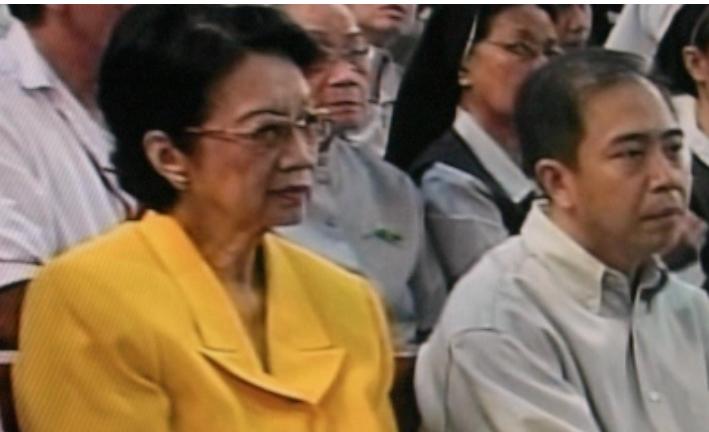The P24-billion subsidy allocated for poor Filipinos affected by the implementation of the Tax Reform for Acceleration and Inclusion (TRAIN) law will be released by the government by September, the Department of Social Welfare and Development (DSWD) said.
DSWD undersecretary Flor Villar said in a press conference that the agency has completed the release of the P2,400 unconditional cash grant for 4.4 million beneficiaries who are part of the Pantawid Pamilyang Pilipino Program (4Ps).
Meanwhile, the subsidy for another 3 million indigent senior citizens would be released before the end of the month. The remaining 2.6 million who are also qualified for the program are expected to receive their grants by July.
“We expect that before September, we have already paid all 10 million (beneficiaries),” Villar said.
The subsidy was not released at the same because they have to verify their existing lists, she explained. They have to verify the Listahan — an information management system the DSWD uses to consolidate data on the poorest Filipinos nationwide, including those that are not qualified for the 4Ps program — which was last updated in 2015.
The verification is necessary to avoid leakages and errors during program implementation, according to Villar.
DSWD acting Secretary Virginia Orogo promised more programs like the Sustainable Livelihood Program and Assistance to Individuals in Crisis Situations to help the poorest Filipinos.
According to her, a a road map for development in partnership with other agencies is being developed.
“Our president wants poverty reduced to at least 14 percent before 2022. We have to work together to achieve our President’s goal to help the poor,” Orogo said.
The executive branch was called on by Sens. Grace Poe, Sherwin Gatchalian and Paolo Benigno Aquino IV to release the subsidies provided under TRAIN to help the poor and low-income families cope with the continued rise in the prices of fuel and basic goods.
Meanwhile, economic managers warned that suspending the TRAIN law would have minimal impact on tempering inflation and would only serve to stunt Philippines’ economic growth.
According to the departments of Budget and Management (DBM) and of Finance (DOF) and the National Economic and Development Authority (NEDA), TRAIN only contributed 0.4 percentage point to inflation last month.
“Suspending TRAIN and adopting other band-aid solutions will only have a minimal and short-term impact on inflation and will stifle our growth, further delaying our nation’s progress toward becoming an upper middle income country by 2019 such that around six million Filipinos would be lifted out of poverty by 2022,” the three agencies declared.
“We must keep in mind that TRAIN reformed a previously unfair and harsh tax regime. It lowered the personal income taxes of most Filipinos except the very rich – increasing the take home pay of 99 percent of income tax payers,” they added.
TRAIN is essential for the administration’s “Build, Build, Build” infrastructure program as it could create more than one million jobs for Filipinos until 2022 and reduce logistic costs for businesses.
Budget Secretary Benjamin Diokno said in a press briefing that the effect of the personal income tax reduction under TRAIN started to be felt by workers during the second quarter of the year, propelling the the gross domestic product (GDP) growth to reach the government’s target of at least seven percent.
“I am quite confident that we will hit seven percent in the second quarter because the impact of the TRAIN, the personal income tax reduction was not yet felt in the first quarter (but started) in the second quarter,” Diokno said, adding that that the increasing prices of goods are only “minor headwinds” and should not lead the government to retreat from implementing the TRAIN law.







